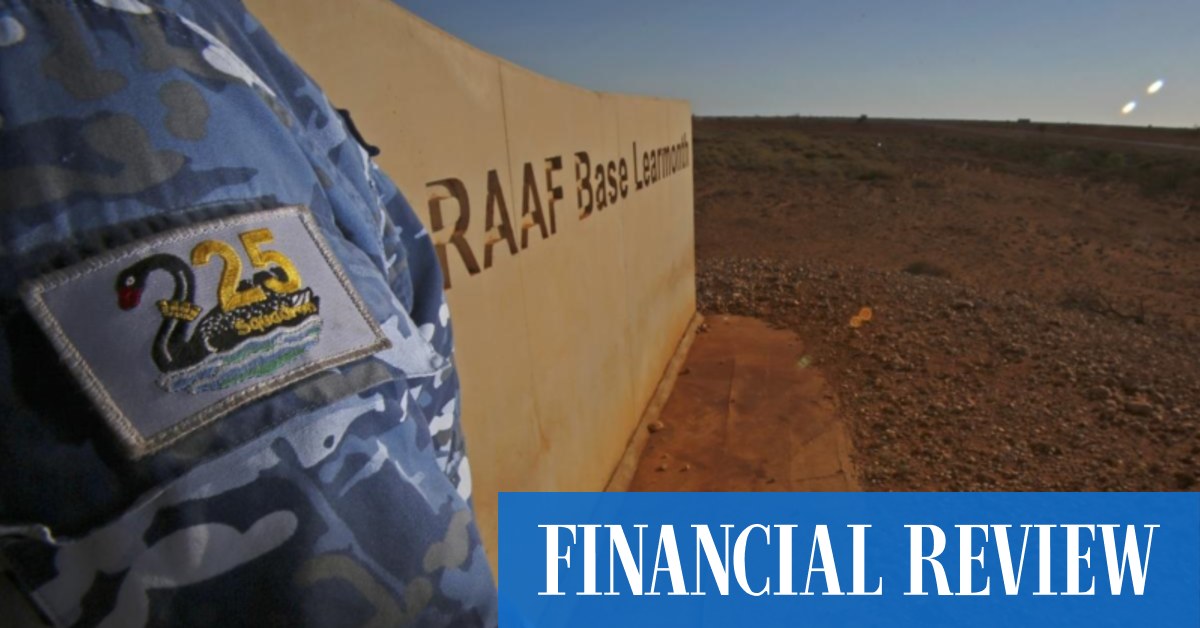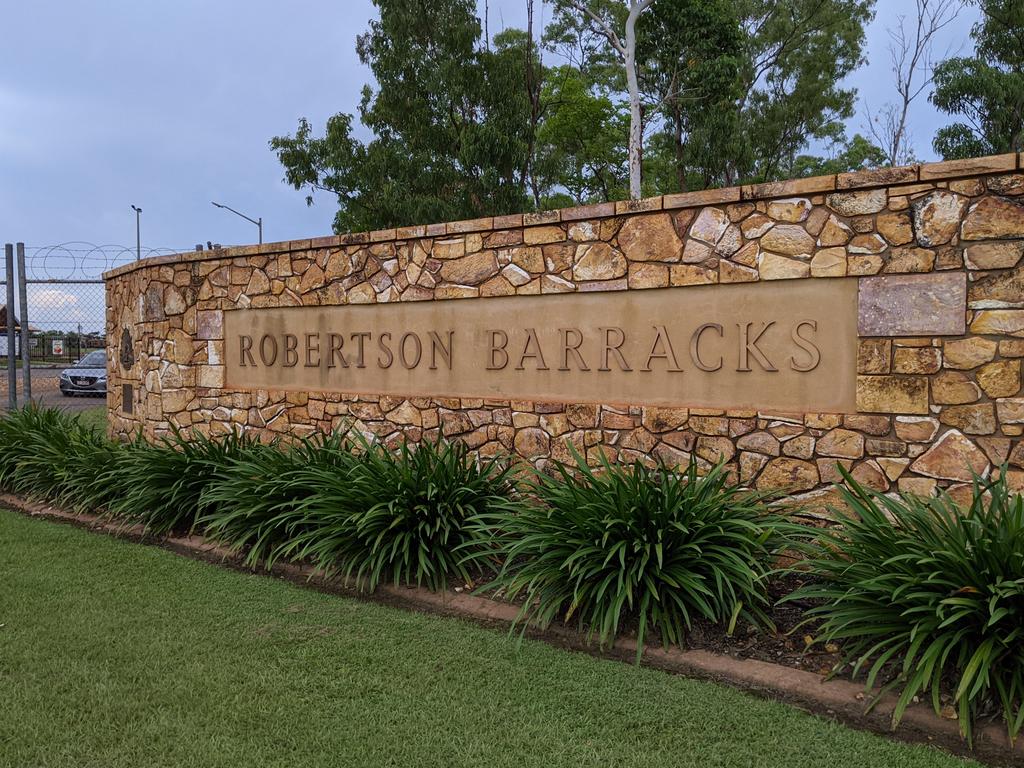
The Territory government has begun discussions with the Defence Department about the possible deployment of long range missiles in the Top End.
Speaking at a Chamber of Commerce breakfast in Darwin this week, NT Major Projects Commissioner Jason Schoolmeester said the government had begun talks with the commonwealth about potential locations for the rollout.
Announced as part of the Defence Strategic Review released in April, Canberra plans to spend $4.1bn to acquire more long-range strike systems and a missile manufacturing capacity.
Its shopping list includes $1.6bn for long-range strike capabilities including speeding-up the delivery of extra high mobility artillery rocket systems — HIMARS — and the precision strike missiles — PRISM.
It’s hoping the HIMARS, which have a range of up to 300km, will be in place by 2026-27.
Defence plans to spend $2.5bn for guided weapons and explosive ordnance enterprise as part of its proposed $19bn commitment over the next five years to meeting the review’s priorities.




